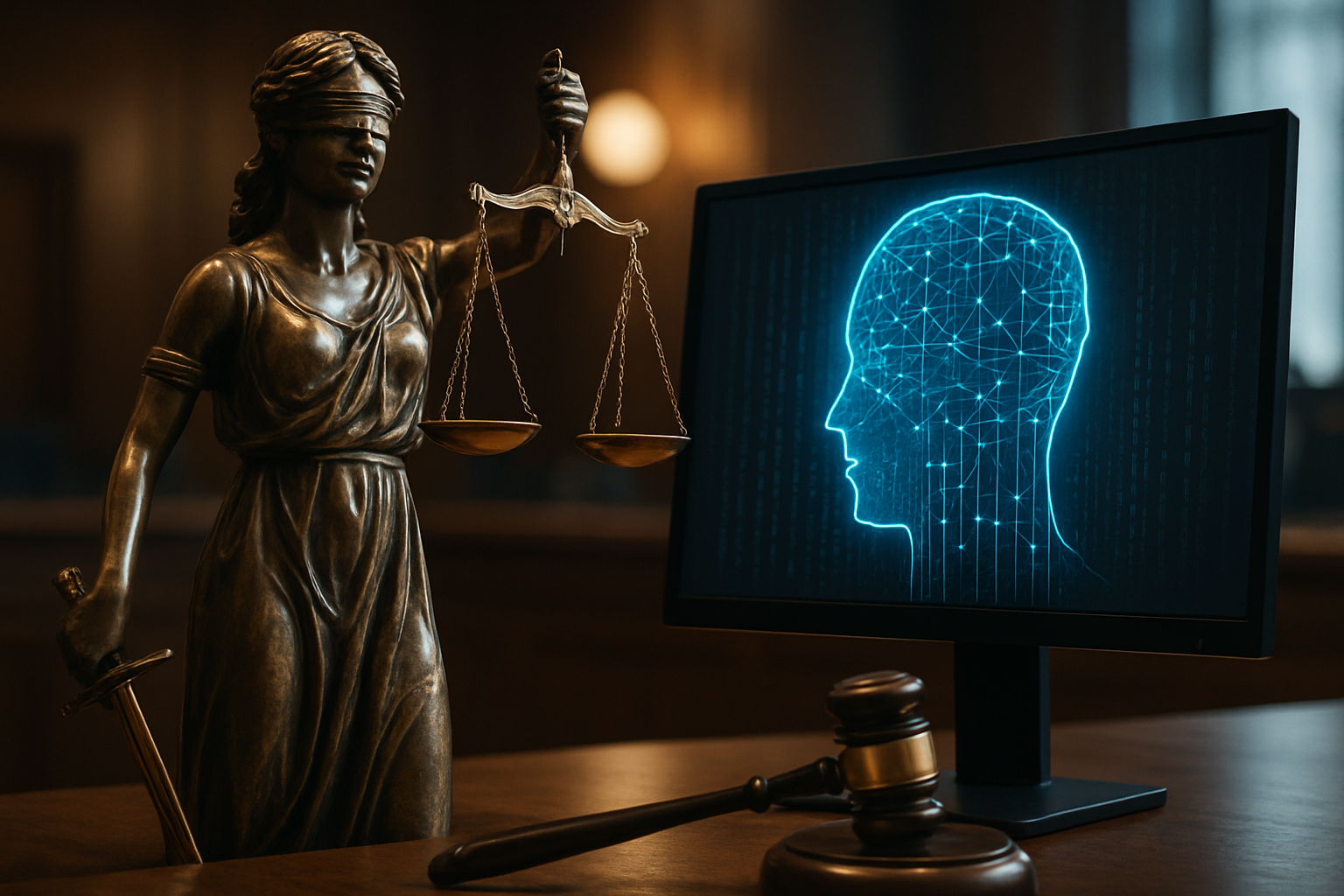Cyber Courts: The New Frontier of Digital Justice
Introduction: In an era of rapid technological advancement, the legal system is undergoing a digital transformation. Cyber courts, a groundbreaking concept in judicial proceedings, are revolutionizing how justice is administered. This article explores the emergence of cyber courts, their potential benefits, and the challenges they present to traditional legal frameworks.

Historical Context and Legal Developments
The idea of digitizing court proceedings is not entirely new. As early as the 1990s, some jurisdictions began experimenting with electronic filing systems and video conferencing for certain types of hearings. However, the full realization of cyber courts as we know them today has only become possible with recent advancements in secure video conferencing, blockchain technology, and artificial intelligence.
Key Features of Cyber Courts
Cyber courts are characterized by several innovative features that set them apart from traditional courtrooms. These include virtual hearing rooms where parties can appear via secure video links, digital evidence management systems that allow for the seamless presentation and examination of electronic evidence, and AI-powered transcription services that provide real-time, accurate court records.
Legal and Ethical Considerations
The implementation of cyber courts raises important legal and ethical questions. Issues of digital accessibility, data privacy, and the integrity of online proceedings must be carefully addressed. Moreover, the legal profession must grapple with how to maintain the solemnity and formality of court proceedings in a virtual environment while ensuring that the fundamental principles of justice are upheld.
Impact on Legal Practitioners and Litigants
For legal practitioners, cyber courts necessitate the development of new skills and adaptations to traditional advocacy techniques. Presenting arguments effectively in a virtual setting requires different approaches compared to in-person courtrooms. For litigants, cyber courts can potentially reduce costs associated with travel and court appearances, making justice more accessible, especially for those in remote areas or with mobility limitations.
Challenges and Limitations
Despite their potential benefits, cyber courts face several challenges. These include ensuring equal access to technology, maintaining the security and confidentiality of sensitive information, and addressing the digital divide that may disadvantage certain segments of society. Additionally, some types of cases, particularly those requiring physical evidence or in-person testimonies, may not be suitable for cyber court proceedings.
International Perspectives and Cross-Border Implications
The development of cyber courts has global implications, particularly in the realm of international law and cross-border disputes. Virtual platforms could facilitate easier resolution of cases involving parties from different countries, but they also raise complex questions about jurisdiction and the enforcement of judgments across national boundaries.
Future Prospects and Innovations
As technology continues to evolve, so too will the capabilities of cyber courts. Future innovations may include the integration of virtual reality for more immersive court experiences, the use of blockchain for tamper-proof record-keeping, and the development of AI-assisted legal research tools to support judges and lawyers in virtual proceedings.
Balancing Tradition and Innovation
The successful implementation of cyber courts will require a delicate balance between embracing technological innovation and preserving the fundamental principles of justice. Legal systems worldwide must navigate this new terrain carefully, ensuring that the benefits of digital justice are realized without compromising the integrity and fairness of legal proceedings.
In conclusion, cyber courts represent a significant leap forward in the administration of justice, offering potential solutions to longstanding issues of access and efficiency. As this digital frontier continues to expand, it will undoubtedly shape the future of legal systems globally, challenging traditional notions of courtroom proceedings and opening new avenues for the pursuit of justice in the digital age.






